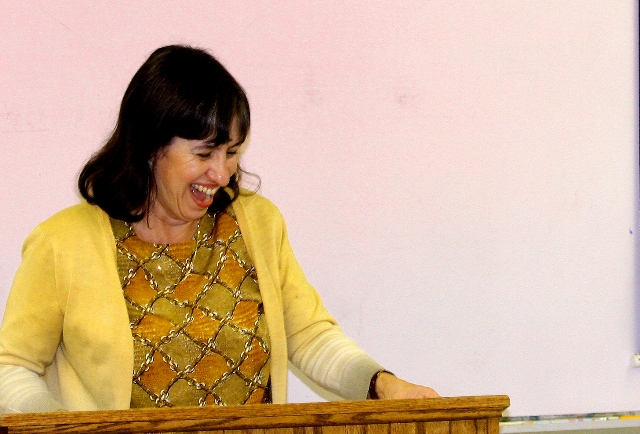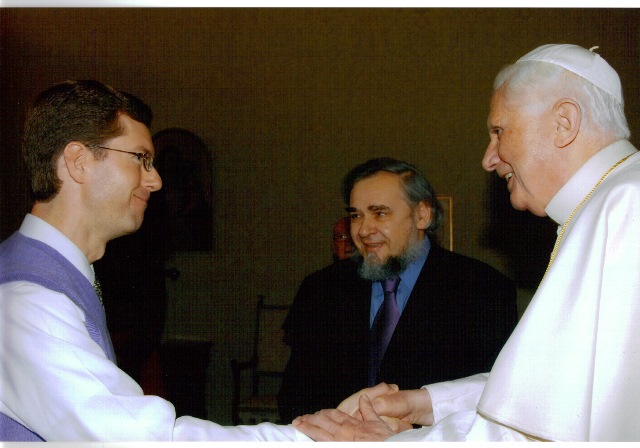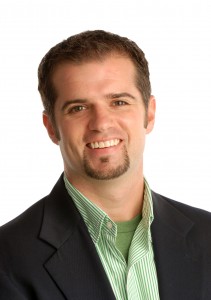By Jeff Brumley
Baptists reacting to this week’s installation of Pope Francis voiced hope about his record for improving relations between Catholics and Protestants, his concern for the poor and the face he puts on the broader Christian community for non-believers.
Alan Rudnick, pastor of First Baptist Church of Ballston Spa, N.Y., told ABPnews that if his reputation for humility and concern for the poor are not tempered by the church hierarchy, Francis could spark a spiritual renewal benefitting American churches – Catholic or otherwise.
That could be especially true for Baptist and other evangelical churches in Latin America, said Nora Lozano, associate professor of theological studies and co-director of the Latina Leadership Institute at Baptist University of the Americas in San Antonio, Texas.

Lozano, a lifelong Baptist from Mexico, said because most Protestant movements in South and Central America began in some way as a rejection of Catholicism, there remains a great deal of distrust and tension between those traditions.
Before becoming Pope Francis, Cardinal Mario Bergoglio of Argentina gained a reputation for his willingness to dialogue and work with evangelicals in that nation, Lozano said. Coming from the Jesuit order known for its commitment to the poor, she added, Francis brings to the papacy a much-needed focus on the poor and suffering.
“The value of poverty and simplicity, those are biblical values,” Lozano said. “The hope will be: can we move together for social justice without compromising doctrinal differences?”
Theological disagreements fueled controversy last week when Albert Mohler, president of Southern Baptist Theological Seminary, said Protestants who embrace the papacy “compromise biblical truth and reverse the Reformation.”
Goal: to boost understanding
But Baptist-Catholic dialogue has not been focused on becoming Catholic in beliefs, said Steve Harmon, adjunct professor of Christian theology at Gardner-Webb University in Boiling Springs, N.C.
Unlike talks with the Eastern Orthodox, Anglican and some Lutheran churches, Rome’s dialogue with BWA is not about arriving at a common communion and recognition of papal authority, said Harmon, who has participated in Baptist World Alliance talks with Rome.

“It’s aimed at finding mutual understanding, clarifying misunderstandings and finding opportunities to say and do some things together,” said Harmon, who blogged on the topic for ABPnews. “It’s being able to recognize one another as brothers and sisters in Christ and have a common witness of Christ to the world.”
The fact that the Orthodox ecumenical patriarch along with Jewish and BWA representatives attended Tuesday’s inaugural Mass indicates that Francis will likely be ecumenically open, Harmon said.
Impressing the ‘nones’
Rudnick said it isn’t just theologians and denominational leaders who are keeping a keen eye on Francis’ papacy. Watching also are millions of Americans now known as the “nones” for claiming no religious affiliation. Many of them do not discern denominational differences or know or care about the theological gulf dividing Catholics and Protestants, he said.

So when they watch coverage of Francis and hear about his humility and willingness to work together with other faiths, “that leaves them with a positive view of … churches in general,” Rudnick said.
“Francis can have an impact on this generation and how they view Christians in general,” he said.
